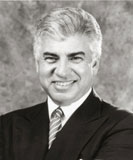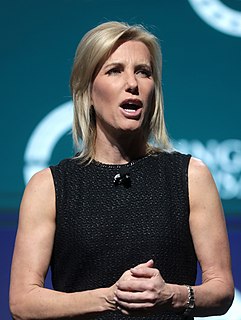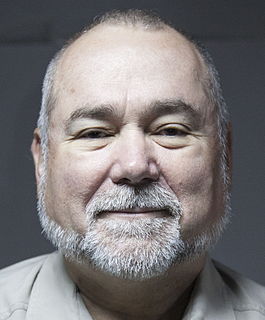Цитата Ричарда Бен-Венисте
Что касается ФБР, у них были проблемы с общением по вертикали, внутри самого ФБР, так что важная информация могла быть доведена до тех, кто принимал решения.
Связанные цитаты
ФБР продемонстрировало это, арестовав бывшего главу ЦРУ [генерала Дэвида Петреуса] за секретную информацию, предоставленную его любовнице. Почти никто не является неприкасаемым. ФБР всегда пытается продемонстрировать, что никто не может противостоять нам. Но Хиллари Клинтон очень заметно сопротивлялась расследованию ФБР, так что в ФБР есть гнев, потому что это заставило ФБР выглядеть слабым. Мы опубликовали около 33 000 электронных писем Клинтон, когда она была госсекретарем.
Я с большим уважением отношусь к ФБР, и я знаю, что в последнее время ходили слухи, что ФБР разочаровалось из-за того, что мы делали в сюжете, или из-за того, что делали определенный дубль: это неправда. На самом деле ФБР с огромным энтузиазмом относилось к тому, что мы делаем фильм [Дж. Эдгара Гувера].
Я не поддерживаю и не поддерживаю Ассанжа. Если бы у демократов были надлежащие защитные устройства в их Интернете, оборудование, они бы даже ФБР не допустили. Как насчет этого - их взломают, и ФБР пойдет к ним, и они не позволят ФБР увидеть их сервер. Но вы понимаете, никто никогда не пишет это. Почему Подеста и Хиллари Клинтон не позволили ФБР увидеть сервер? Они привели еще одну компанию, которая, как я слышал, находится в Украине.
У президента есть обязанность и право контролировать ФБР, и вы знаете, он должным образом делегирует правоохранительные органы ФБР и пытается изолировать его от политики. Но это не для того, чтобы ограничить власть президента над ФБР. Так что, если он хочет встретиться с ФБР и высказать свое мнение или даже рассказать о своих надеждах, если он действительно сказал это, он имеет на это полное право.
И знаете, по моему мнению, когда ФБР использует эти источники, существует множество внутренних инструкций о том, как их можно использовать, особенно если они каким-либо образом касаются деятельности по Первой поправке. Итак, вы знаете, журналисты, политическая деятельность, священнослужители - все они получают дополнительную особую защиту, когда дело доходит до расследования ФБР.
Большинство террористов являются террористами под ложным флагом или созданы нашими собственными службами безопасности. В Соединенных Штатах каждый террористический акт, который у нас был, был фальшивым флагом или был информатором, навязанным ФБР. Фактически, теперь у нас есть граждане, выносящие запретительные судебные приказы против информаторов ФБР, которые пытаются подстрекать к терроризму. Мы превратились в сумасшедший дом.


































